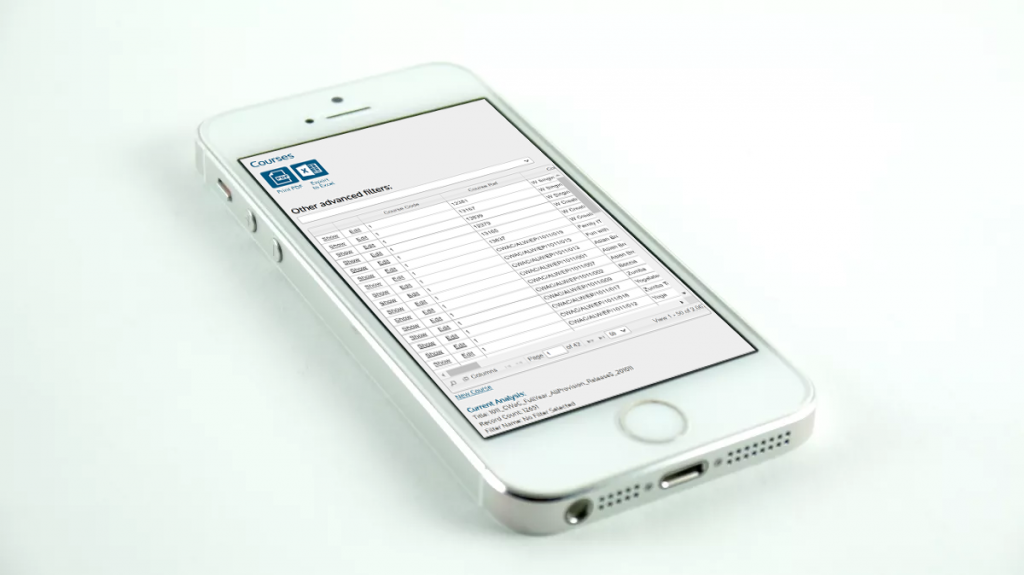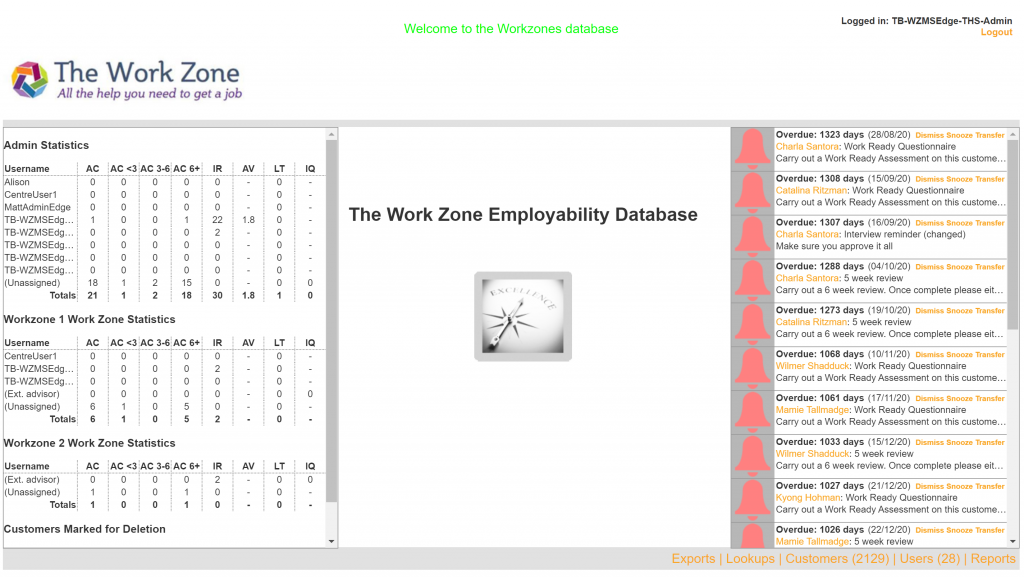In the digital age, many organisations still rely heavily on spreadsheets for managing data, tracking projects, and making decisions. While spreadsheets are versatile and familiar, they come with significant limitations and risks that can hinder an organisation’s efficiency and growth. Here’s why running an organisation on spreadsheets is not a good idea and how a bespoke web-based system can offer a superior solution.
1. Data Integrity and Accuracy
Spreadsheets are prone to human error. A simple typo or incorrect formula can lead to significant inaccuracies, which can have serious consequences for decision-making and reporting. In contrast, a bespoke web-based system can incorporate validation rules and automated checks to ensure data integrity and accuracy, reducing the risk of errors.
2. Scalability
As an organisation grows, the volume of data and complexity of operations increase. Spreadsheets can become unwieldy and difficult to manage at scale. They often lack the capacity to handle large datasets efficiently. A bespoke web-based system, however, is designed to scale with your organisation, providing robust data management capabilities and seamless performance regardless of size.
3. Collaboration and Accessibility
Spreadsheets can be challenging to share and collaborate on, especially when multiple users need to access and edit the same file simultaneously. This can lead to version control issues and data inconsistencies. A web-based system allows real-time collaboration, with multiple users accessing and updating data simultaneously from any location, ensuring everyone is working with the most up-to-date information.
4. Security
Spreadsheets often lack advanced security features, making sensitive data vulnerable to unauthorised access and breaches. A bespoke web-based system can offer enhanced security measures, such as user authentication, role-based access control, and data encryption, to protect your organisation’s data and ensure compliance with regulatory requirements.
5. Automation and Efficiency
Manual data entry and repetitive tasks in spreadsheets can be time-consuming and inefficient. A bespoke web-based system can automate routine processes, such as data entry, reporting, and notifications, freeing up valuable time for employees to focus on more strategic activities. Automation also reduces the risk of human error and increases overall productivity.
6. Integration
Spreadsheets often operate in isolation, making it difficult to integrate data from different sources and systems. A bespoke web-based system can be designed to integrate seamlessly with other software and databases, providing a unified platform for all your organisational needs. This integration enables better data analysis, reporting, and decision-making.
7. Customisation
Every organisation has unique needs and workflows. Spreadsheets offer limited customisation options, which can force organisations to adapt their processes to fit the tool. A bespoke web-based system, on the other hand, can be tailored to meet the specific requirements of your organisation, providing a solution that aligns perfectly with your business processes and goals.
Conclusion
While spreadsheets have their place for simple tasks and small-scale data management, they are not suitable for running an entire organisation. The limitations and risks associated with spreadsheets can hinder growth, efficiency, and security. A bespoke web-based system offers a more robust, scalable, and secure solution that can enhance collaboration, automate processes, and integrate seamlessly with other tools. Investing in a bespoke web-based system can provide your organisation with the flexibility and capabilities needed to thrive in today’s competitive landscape.
Speak to us now on 01244 940657 or drop us an email on info@terrabase.co.uk



